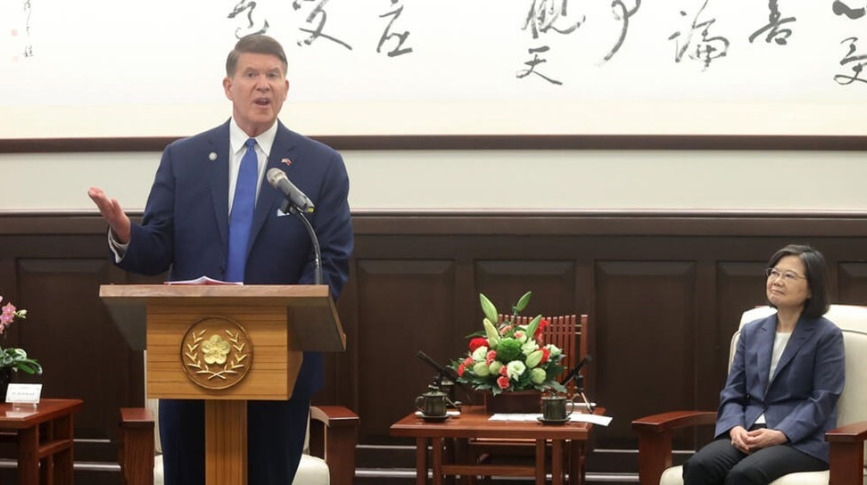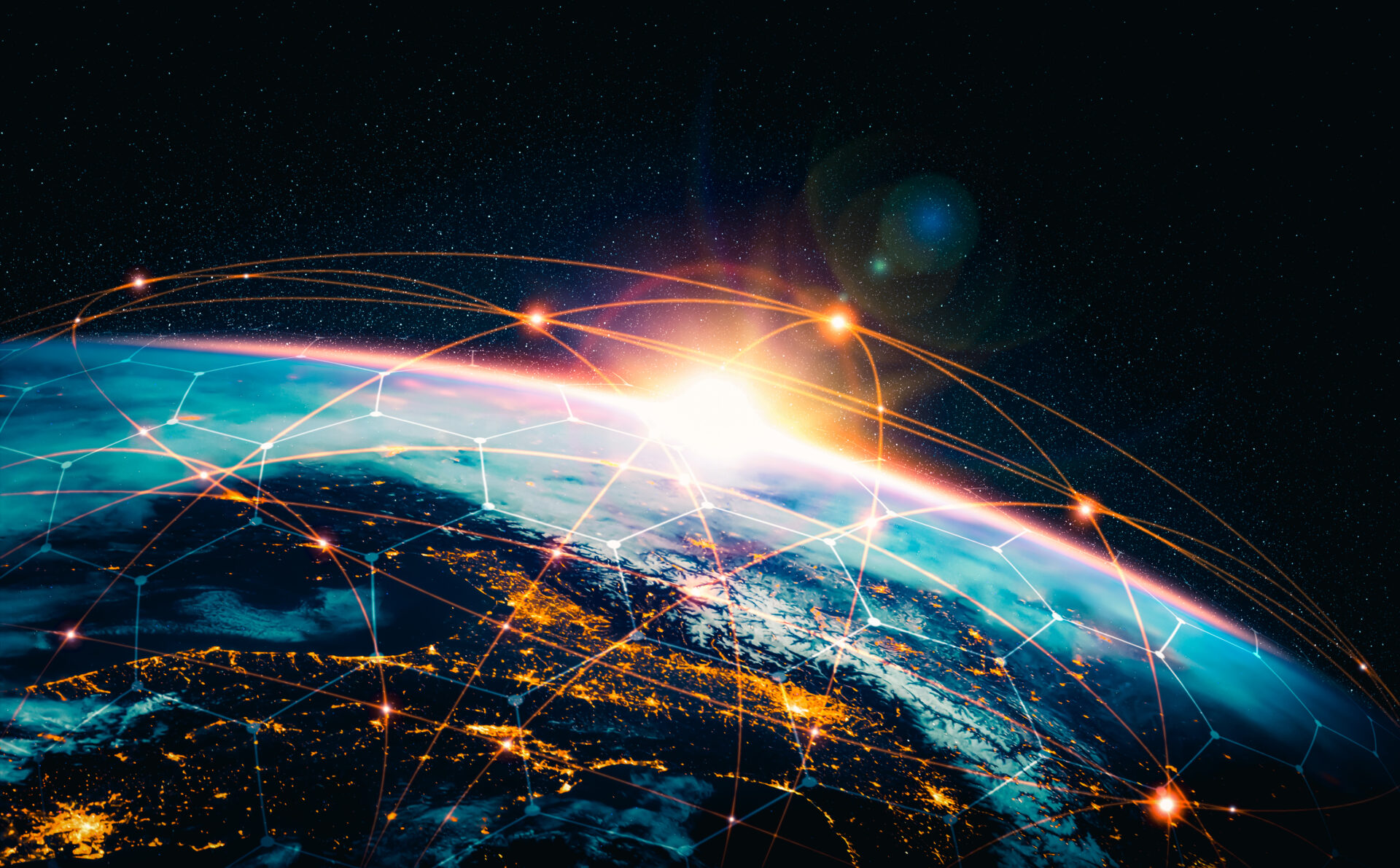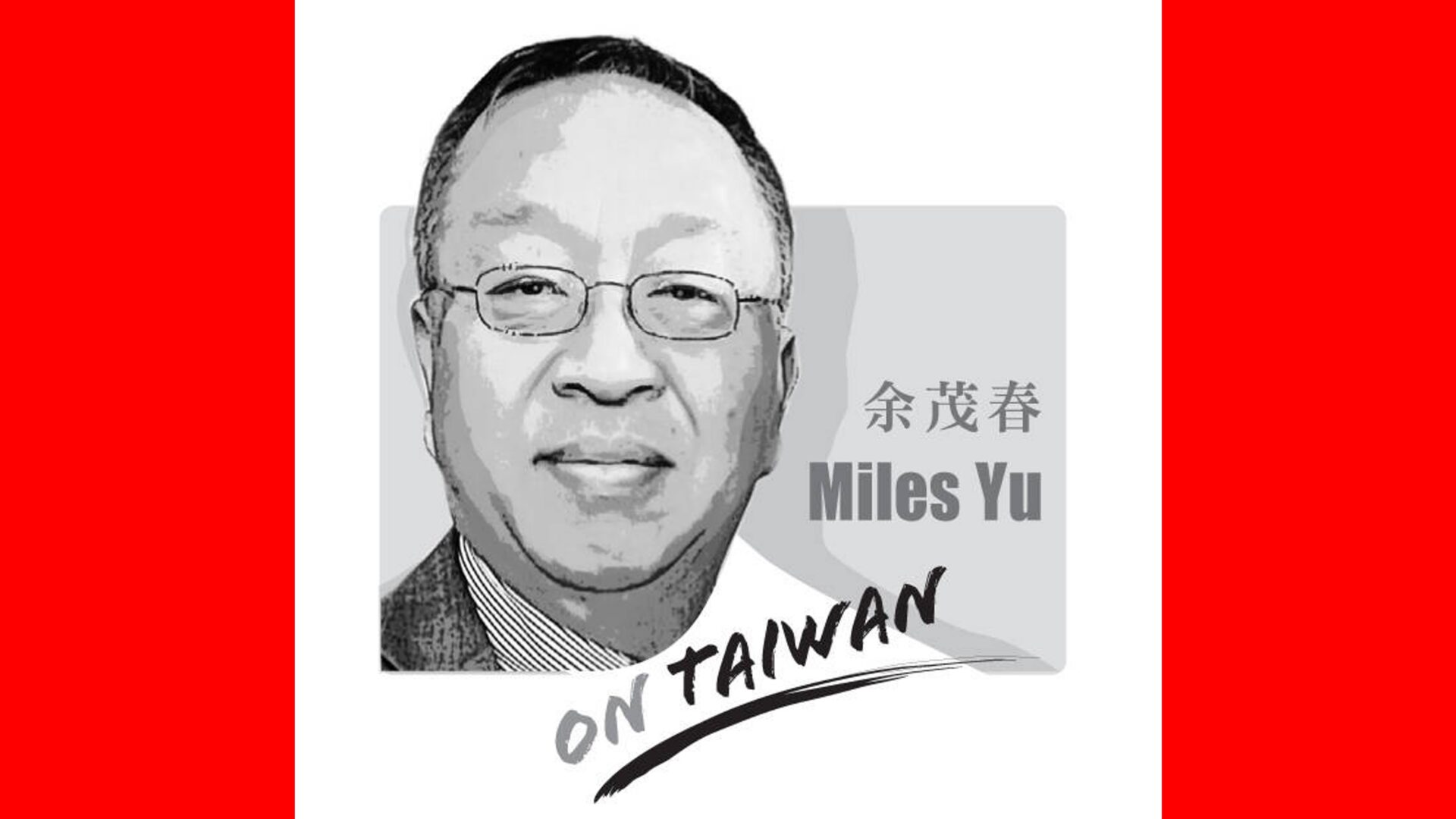
EDITORIAL: US, Taiwan can tighten cybersecurity
Taipei Times
08.14.23Former US undersecretary of state Keith Krach, who is on a four-day visit to Taiwan ending tomorrow, called for strengthened Taiwan-US private-sector ties. He wrote on X on Wednesday that the private sector has a role to play in securing freedom, and that Taiwan’s private sector offers “a big competitive advantage vs the Chinese communist model.”
Separately, the Krach Institute for Tech Diplomacy at Purdue on Tuesday said that bolstering tech security and expanding Taiwan’s role in the Global Trusted Tech Network were among the aims of Krach’s visit.
The network, which comprises “like-minded countries, companies, and individuals who respect the rule of law, human rights, labor practices, national sovereignty and the environment” aims to “defeat authoritarian attempts to limit” the technological advances of that network’s members, Krach said. Given that technology is increasingly important in daily life, and that China’s threat to democracies globally keeps growing, Taiwan must play a role in that network, particularly given its technology sector strengths. The nation is often viewed as a defense aid recipient, but should assert itself as a crucial partner in protecting regional peace and security, including on the digital front.
The US over the past year has come under heavy Chinese and Russian cyberwarfare attacks. In recent years, it has curbed the trade of chips and technologies with those countries. Given its extensive experience dealing with cyberattacks from China, Taiwan’s partnership with the US on cybersecurity would be critical. Taiwan also could be a pivotal source of trusted software and hardware in the face of security concerns over using technology made in China.
“China is growing more ‘brazen’ in its cyberattacks and Russia is targeting US companies with intelligence operations over the war in Ukraine,” the Washington Post on April 27 cited US cybersecurity official Rob Joyce as saying. The US National Security Agency’s Section 702 is “tremendously productive” against cyberthreats, while the agency’s Cybersecurity Collaboration Center shields the US Department of Defense and defense contractors from foreign cyberthreats, he said. Taipei could encourage US authorities to establish branches of those agencies in Taiwan, where both sides could collaborate to defend against Chinese cyberattacks.
A New York Times report on May 24 said that Chinese hackers infiltrated Guam’s telecommunications systems, and that “the system in Guam is particularly important to China because military communications often piggyback on commercial networks” there. The article also said that, after the attacks, US officials “are assessing China’s capabilities — and its willingness — to attack or choke off Taiwan.”
Therefore, US cybersecurity should be the concern of Taipei officials, too, as it directly affects the US’ ability to become involved in Taiwan’s defense in the event of a Taiwan-China military conflict.
Another report by The Associated Press on June 15 said that Chinese hackers were believed to be behind attacks against the networks of hundreds of public and private-sector organizations that included foreign ministries and other government agencies — some of which were reported to be in Taiwan. The report cited Microsoft as saying that China “could be laying the technical groundwork for the potential disruption of critical communications between the US and Asia during future crises.”
Taiwan and the US held the first joint cyberwarfare games in 2019. In April, US lawmakers introduced the Taiwan Cybersecurity Resiliency Act, which is aimed at deepening cooperation between the two countries on cybersecurity. Government support is crucial to empowering the US Department of Defense to assist cybersecurity efforts in Taiwan, but legislative change is complicated and takes time. In the meantime, as Krach has said, “securing freedom is not all up to governments”: the private sector could advance cybersecurity interests and trusted technologies.
Read the article here
Related Posts

article
The Era Of ‘Tech Diplomacy’ Is Here
Technology is the new frontier of international relations. The interaction is bi-directional: technology is defining diplomatic matters while diplomacy is also influencing the development and deployment of technology. Take semiconductors as an example. This is a technology that forms the foundation of digital economy, national security, and productivity in almost all industries. Global supply chain in the semiconductor industry is shaping U.S. foreign policy. Conversely, America’s diplomatic effort has been redefining the supply chain. Tech diplomacy is different from science diplomacy, which became a key pillar for the U.S. and other countries since World War II. Scientists participated in treaty negotiations, engaged in bilateral summits and served as attachés at embassies. Primary topics included nuclear proliferation, super-collider construction, human space exploration and environmental science.

By: Miles Yu
article
Miles Yu On Taiwan: China’s lessons—and fears—from the Wagner revolt in Russia
For over a century, tumultuous events thousands of miles away in Russia have impacted China profoundly. Mao Zedong (毛澤東) famously said that the cannon sound of the October Revolution brought Marxism-Leninism to China. Now Xi Jinping (習近平) fears that last month’s Wagner revolt may provide a model for the Chinese Communist Party’s undoing.